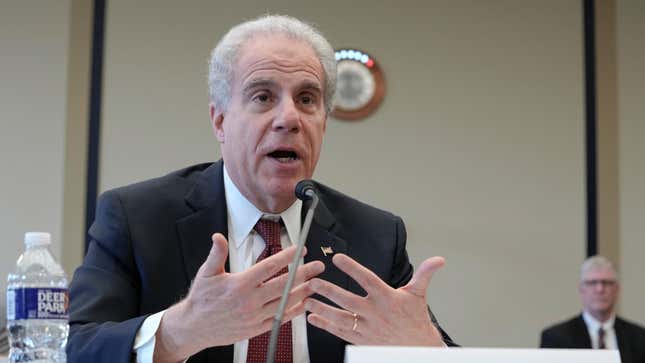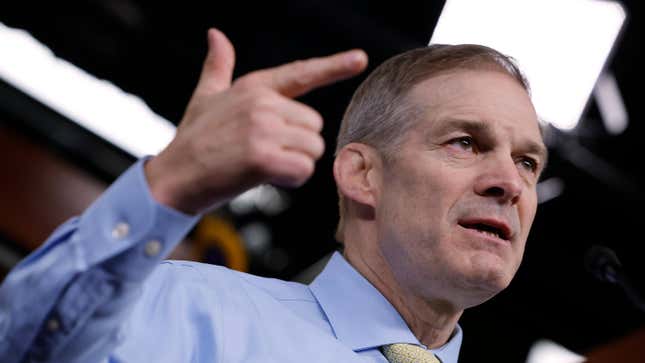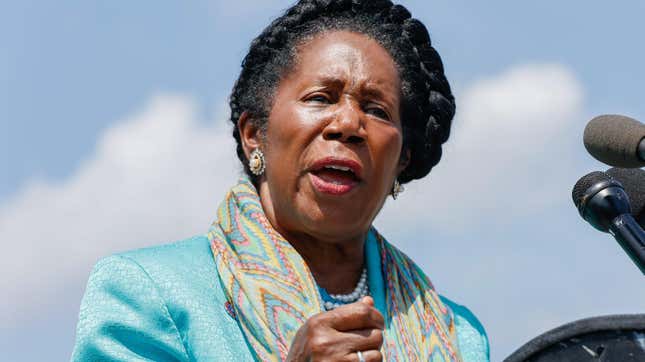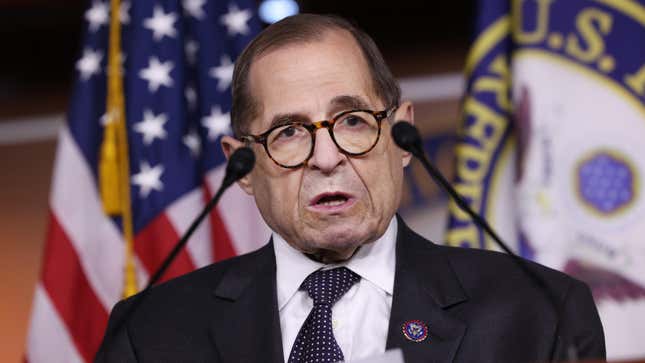
Members of the House Judiciary Committee kicked off what could be months of fiery debates over one of the US’s most controversial warrantless surveillance programs this week. In the hearing Thursday titled, “FIX FISA,” lawmakers from both sides of the political aisle voiced concerns over the scale of US citizen data “routinely collected” under Section 702 of the Foreign Intelligence Surveillance Act. Civil liberties groups are pressuring lawmakers to let the controversial program die when it comes up for a reauthorization vote at the end of the year.
Experts witnesses testifying at the hearing were unable to provide lawmakers with concrete figures or even rough estimates on the total amount of US user data “incidentally” sucked up during foreign surveillance operations. The witnesses—and most lawmakers present—uniformly agreed that the controversial program lacked sufficient oversight and transparency. The Representatives were less united, however on whether or not the program could be improved through reforms or needed to be abandoned altogether.
“The warrantless collection of the data should give Americans pause,” New York Representative Jerry Nadler said during the hearing. “Section 702 has been a threat to civil liberties for years.”
Here are six of the key takeaways from the hearing.





